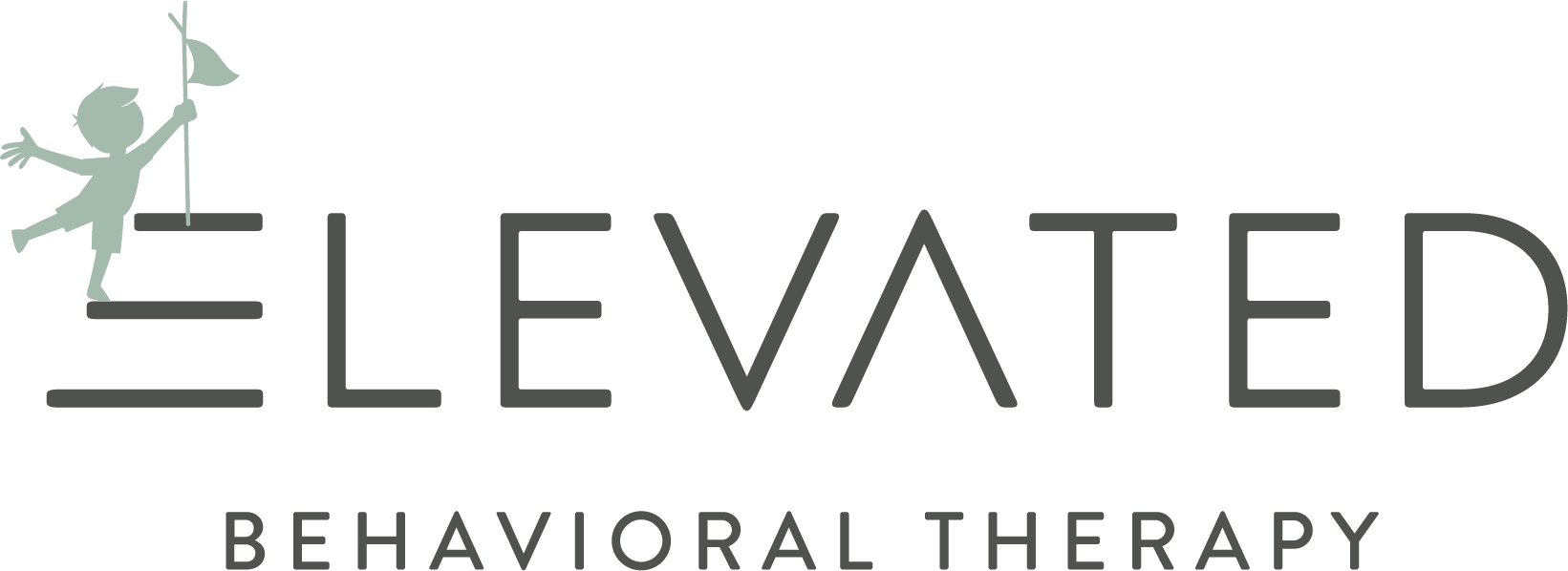General Questions
A typical session involves a therapist working with your child, by following individualized program and session agenda, created by the clinical supervisor/BCBA. The therapist will be working on increasing communication and adaptive skills, while decreasing challenging or maladaptive behaviors, using an individualized teaching method. Naturally occurring opportunities are used to teach certain skills from the custom-tailored program. This may include playing with your child or doing day-to-day activities with them.
Therapy sessions can range anywhere from 2 to 4 hours in length and vary on a case-by-case basis. The number of hours your child requires depends on how far behind they are in certain skill areas, how long they can tolerate session time, what other activities or therapies they are involved in throughout the week, school hours, medical necessity etc. After we complete the initial assessment, we will make recommendations on how many hours of therapy your child should receive.
After an assessment is completed, custom goals are created to help your child learn age-appropriate skills necessary to fully access their environment. Some of these goals include, teaching of communication skills and other socially significant behaviors, while decreasing challenging behaviors.
Research shows that children who receive intensive early intervention services experience significantly improved outcomes. These outcomes include, but not limited to, positive growth in communication, social skills, and adaptive behaviors. Early treatment is encouraged is to ensure that problem behaviors are addressed early on so that they don’t become deep-rooted with age. Early intervention provides the necessary skills to set your child up for long term success.
Studies have shown that ABA therapy can help with intellectual functioning, attentive skills, language development, social skills, and more. Since the early 1960’s ABA therapy has been widely studied and recognized as an effective and safe program for Autism. It is considered the best evidence-based practice treatment by the US Surgeon General and by the American Psychological Association making it the most widely used therapy for Autism. Evidence-based means that the treatments have passed scientific tests of its usefulness, quality, and effectiveness. In short, ABA is supported by science and backed by research.
Clinical
All of our therapists either come to us with an active RBT certification status or are trained internally towards an RBT certification.
Through parent training, parents will learn techniques that they can apply throughout the day to support their child when they encounter challenges or work on new skills.
Elevated Behavioral Therapy will guide families through the entire process, from authorization and assessment to direct therapy and ongoing support.
Although our scheduled business hours are Monday through Friday we do everything we can to accommodate your schedule based on staff availability.
A BCBA is a Board Certified Behavioral Analyst. This is the person who will manage your individuals plan, from assessment to treatment. The BCBA assigned will conduct assessments and design individualized programs to address your child’s unique needs. They provide direct oversight and supervision to your child’s assigned therapist(s) and regularly meet with the therapist to discuss progress and innovative ways to generalize new skills in the home.
An RBT is a Registered Behavior Technician. This is the person who will provide one-on-one direct therapy for your child. They will implement the programs developed by the BCBA. All EBTS RBT’s receive extensive training in ABA techniques and methods. Upon hire, they are required to perform 120 hours of hands on training in addition to 40 hours of online training to obtain their RBT certification.
Insurance
On October 2011, Governor Jerry Brown signed Senate Bill 946 (SB 946), which went into effect on July 1, 2012, and expires on July 1, 2014. Also known as the “Insurance Mandate,” SB 946 requires that health insurance cover ABA/behavioral therapy for individuals diagnosed with an autism spectrum disorder or a pervasive development disorder.
The best way to get the answer to this question is to call your insurance company ask them directly. If your plan does not include mental or behavioral health benefits ABA will most likely not be covered. If you need assistance finding out this information about your insurer please feel free to contact us and we will gladly assist in the process.
We are currently in-network with the following insurances…
- Aetna
- Anthem Blue Cross/Anthem Medi-Cal
- Blue Shield (Magellan)/Blue Shield Promise Health Medi-Cal
- Health Net Commercial/Health Net Medi-Cal
- Evernorth (Formerly Cigna)
- United Healthcare
Yes. We offer private pay for families that are out of network. Contact us for more information!
The short answer is, it varies. Some insurance companies authorize assessments within a week of inquiry while others take a bit longer. Our insurance department is here to help keep the authorization process moving forward as quickly and efficiently as possible.
This is a very common question. In most cases, telehealth is covered by insurance but it will depend on your specific insurance company. We recommend contacting your insurer to find out how telehealth is covered by your policy.

